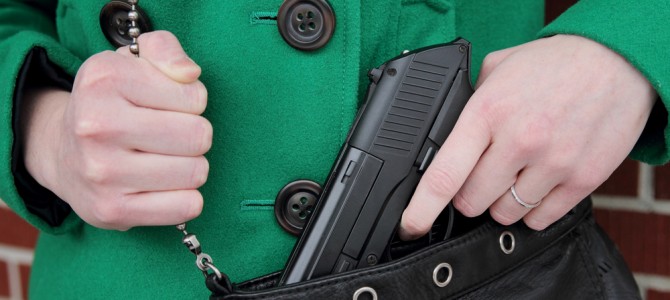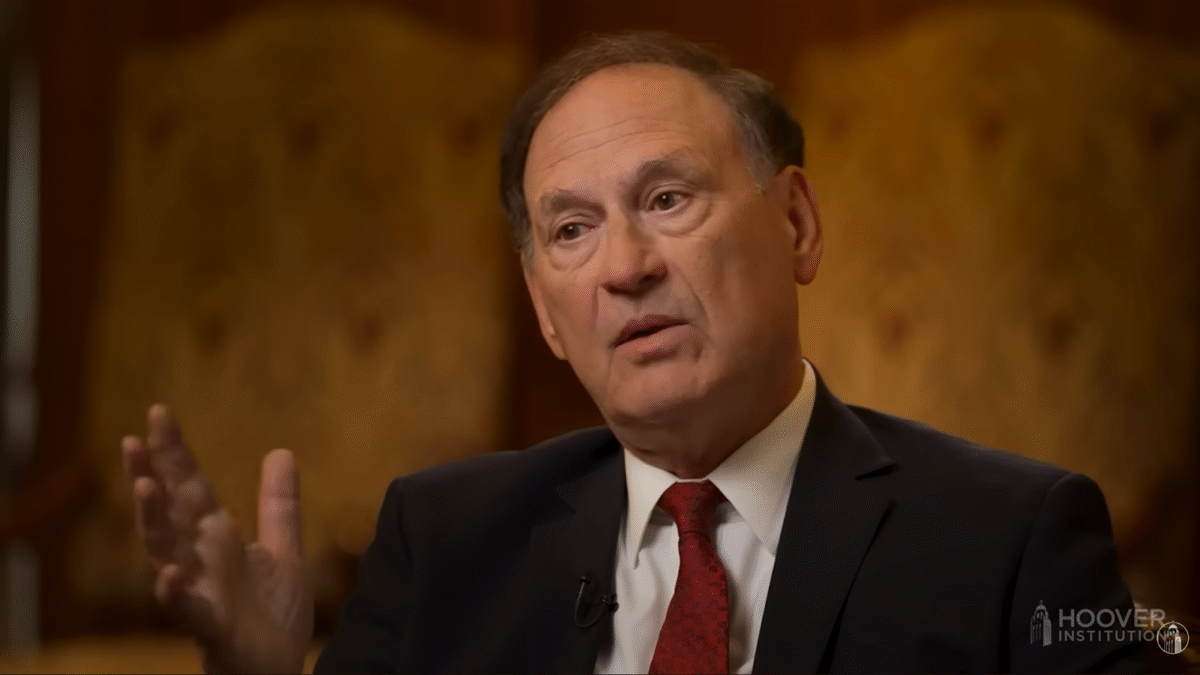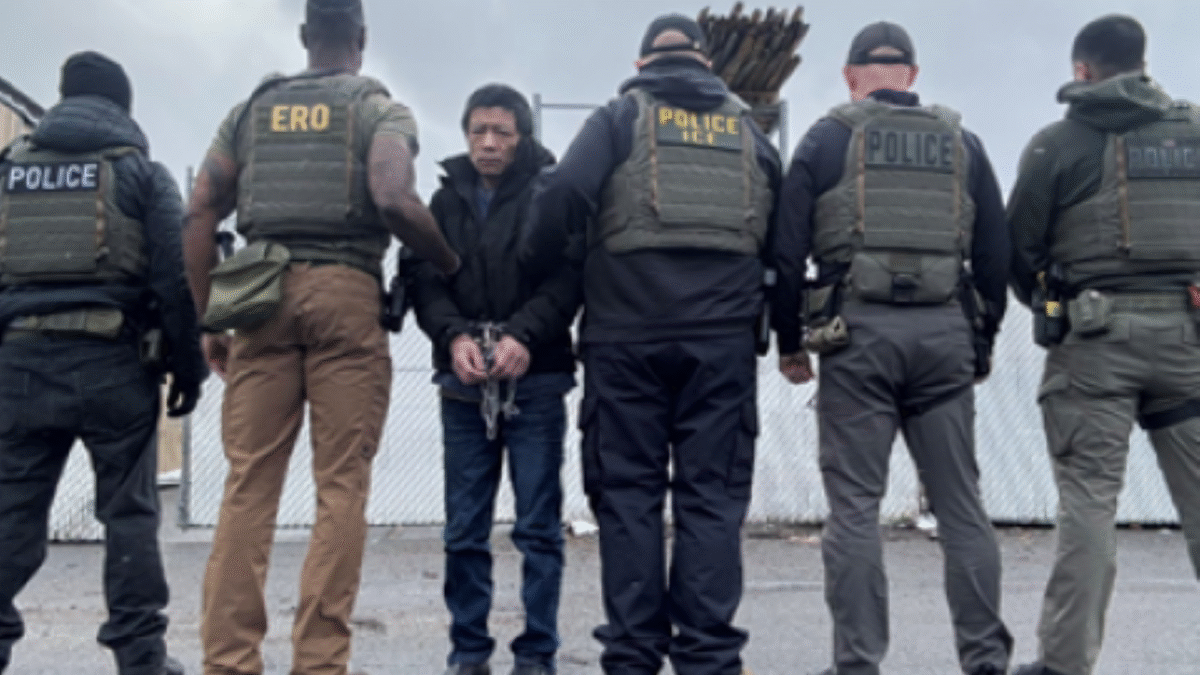
Across the great expanse of these United States, every citizen can expect to enjoy nearly every American right no matter what state he or she may be in. If you’re a New Yorker visiting Las Vegas, you’ll retain your First Amendment rights to freedom of speech and freedom of religion (you’re probably going to need the latter). If you’re an Oregonian vacationing in Florida, you’ll retain the right to a trial by jury.
If you’re traveling to Tennessee from Arizona and for some incomprehensible reason have taken a detour through South Dakota, you’ll still possess the right to be free from unreasonable searches and seizures by South Dakotan state trooper. Thanks to the incorporative powers of the Fourteenth Amendment, the Bill of Rights is not merely a national-level package but an inter- and intrastate one as well.
There is precisely one right from the Bill of Rights that is not guaranteed for interstate travelers: the right to keep and bear arms.
A Patchwork of Confusing Reciprocity Laws
In two of its most masterful and commendable decisions to date, the Supreme Court held that the Second Amendment protects an individual right to keep and bear arms for personal self-defense, one that may not be infringed either by the federal government (2008’s D.C. v. Heller) or by the states (2010’s McDonald v. Chicago). As good as these rulings were, however, they nonetheless left unanswered a significant question of American firearm jurisprudence: how do you adjudicate state-level concealed-carry reciprocity?
In layman’s terms: how does each individual state deal with out-of-state concealed-carry permits? If someone visits State B with a concealed handgun permit from State A, does State B honor it?
For years now the answer has been: “Maybe. Maybe not.” The individual states comprise a frustrating patchwork of reciprocity and recognition laws. If you live in Minnesota and want to visit family in Texas while carrying concealed, Texas will not honor your permit.
If you’re a New Yorker and want to take a tour of the West Coast with your subcompact handgun in tow, forget about it: Washington, Oregon, and California do not recognize New York’s permits. (New York doesn’t recognize any out-of-state permits, and neither do California or Oregon. Washington, meanwhile, recognizes a grand total of nine states’ permit laws.)
A fair number of states, most of them in the South, recognize permits from every state; but a cherry-picked scatterplot of recognition is more common: some states recognize quite a few, others quite little, some of them a mix.
Practically speaking, what does this mean? It means that visitors and vacationers from every state have to make sure they will be allowed to carry concealed weapons in the state they are visiting. In theory this is easy enough to accomplish: just go online and look it up. Still, mistakes happen. One Indiana man was arrested in New York a few years ago for carrying concealed; a Tennessee woman was also arrested in New York for the same reason (New York really doesn’t like guns).
Permit-Holders Are Safer Than Police Officers
These incidents are easy to avoid, so long as you do your research. But the principle of the matter remains: why should American citizens forfeit their right to self-defense while traveling within the boundaries of the United States?
Anti-reciprocity proponents may claim each state should be able to evaluate whether another state’s concealed-carry laws are stringent enough to satisfy its own standards: why shouldn’t a state government want to protect its citizens from potential violence? Here’s the problem with that argument: the risk of violence from concealed carriers is already lower than that of the general population.
Indeed, the crime rate from concealed-carry permit-holders is so low compared to that of the general population that it almost beggars belief. As Crime Research Prevention Center President John Lott has shown, CCP holders commit crimes at less than a sixth of the rate of police officers—the latter of which already commit crimes at a rate substantially less than the general populace.
In other words, a state that refuses to grant permit reciprocity to another state is abridging the right of self-defense of a class of citizens who are more trustworthy than law enforcement.
And why shouldn’t concealed-carry permit-holders be trustworthy? They have gone through the legal process of obtaining a permit—they clearly do not want to be criminals. They can safely be trusted to exercise caution and prudence with a firearm compared to an average citizen. Forbidding such people from carrying their own guns over state lines doesn’t make a whole lot of sense—unless, of course, you’re prejudiced against guns and the people who carry them.
Right to Travel Conflicting with Right to Self-Defense
The lack of nationwide reciprocity also creates a bizarre legal paradox. For almost a few hundred years now, American courts have recognized that interstate travel is a right possessed by all Americans and guaranteed by the Constitution.
Yet when a state does not offer recognition for a citizen’s out-of-state concealed-carry permit, the right to travel comes into direct conflict with the right to self-defense. In other words, under current law an American citizen can lose the constitutional right to self-defense simply while exercising his or her constitutional right to interstate travel.
The state-by-state reciprocity system creates other problems, namely political ones. State Attorney General Mark Herring declared earlier this year that Virginia would stop recognizing concealed-carry permits from 25 other states. Herring offered no evidence that recognizing these out-of-state permits had led to any kind of harm for anyone in Virginia. Rather, the move was clearly an effort to force Republicans in Virginia to play ball with Democrats. It worked: Republicans acquiesced to several new gun control proposals in exchange for Herring re-instating the previous permit recognitions.
American civil rights should not be subject to the whim of petty and vindictive state officials. An attorney general shouldn’t be able to strip American citizens of their precious right to self-defense in order to make a political point and force a vote.
This is one of the many reasons a national concealed-carry reciprocity law makes so much sense: it removes a core civil liberty from the fraught squabble of partisan politics.
Time for Congress to Act
It also ensures that an historically law-abiding demographic is not needlessly denied the crucial right to self-defense just because they happen to be away from home. Recently lawmakers have made several attempts at federal reciprocity bills, though none has gone anywhere. Apparently federal elected officials do not consider the Second Amendment enough of a priority to do much about this.
Make no mistake: the right to carry a firearm is a constituent feature of the Second Amendment. The right to self-defense, after all, is meaningless unless it can be exercised in a practical fashion: you can’t very well call “time out” in the midst of a mugging or rape in order to run home and get your handgun. The existence of halfwit anti-carry laws in places like San Diego does not change this reality one bit.
A citizen denied a concealed-carry permit for specious reasons is a citizen denied his or her Second Amendment rights. This is true whether you live in the denying state or are visiting that state.
Our system of federalism generally leaves procedural matters of law and order to the states. There is a good reason for this: the federal government isn’t really good at doing most things, and states are better at handling the vast majority of day-to-day legal concerns throughout the republic. We make exceptions, however, for core civil liberties: we have recognized that both the federal and state governments should be powerless to restrict our fundamental constitutional rights.
This includes the right to carry a gun for self-defense. States should not be allowed to deny American citizens this right out of ignorance or political malice. Whether you are in your home state or visiting another, you are still an American, and your Second Amendment rights are as fully legitimate in your own neighborhood as they are on a highway 2,000 miles away. It’s time for Congress to affirm this.









